Normal is the wrong name often used for average
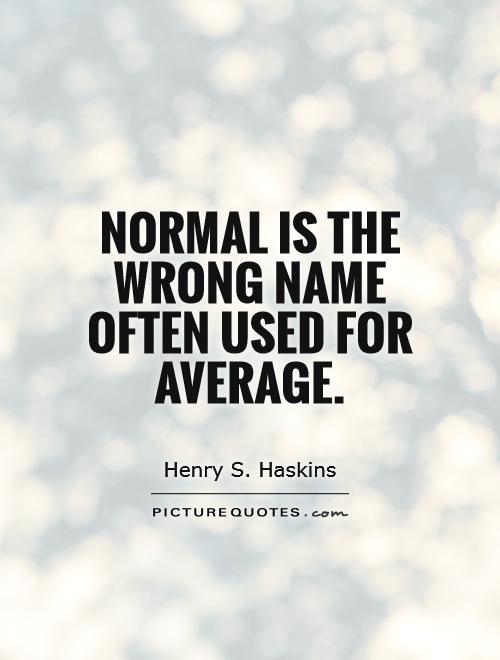
Normal is the wrong name often used for average
Henry S. Haskins, a renowned American writer and philosopher, once famously said, “Normal is the wrong name often used for average.” This profound statement challenges the conventional notion of normalcy and sheds light on the limitations of labeling individuals based on societal standards of what is considered average or typical.In today’s society, there is a pervasive tendency to categorize people as either normal or abnormal based on their behavior, appearance, or beliefs. However, Haskins’ assertion suggests that this binary classification is flawed and oversimplifies the complexity of human diversity. By equating normal with average, we inadvertently diminish the uniqueness and individuality of each person, reducing them to mere statistics or benchmarks.
Haskins’ statement also highlights the danger of conformity and the pressure to fit into a predetermined mold of what is considered normal. In a world that values uniformity and homogeneity, those who deviate from the norm are often marginalized or stigmatized. This can lead to feelings of alienation, insecurity, and self-doubt among individuals who do not conform to societal expectations.
Moreover, the concept of normalcy is subjective and culturally relative, varying across different societies and time periods. What may be considered normal in one culture may be deemed abnormal in another. This fluidity and ambiguity further underscore the inadequacy of using the term normal to describe human diversity.
Instead of striving to be normal, Haskins encourages us to embrace our differences and celebrate the richness of our individuality. By recognizing that normal is merely a social construct that does not accurately reflect the complexity of human experience, we can cultivate a more inclusive and accepting society that values diversity and promotes empathy and understanding.


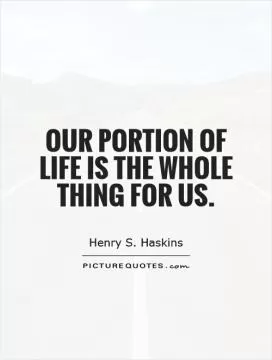
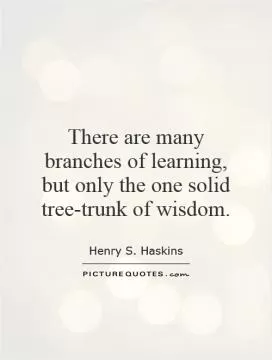
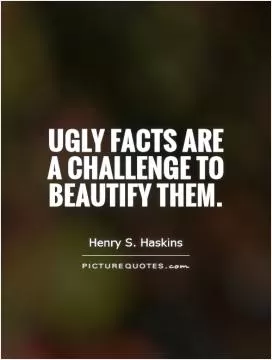
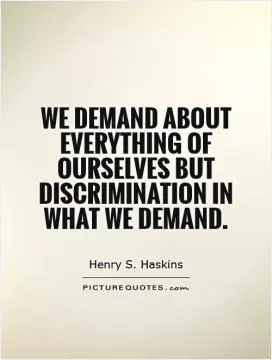

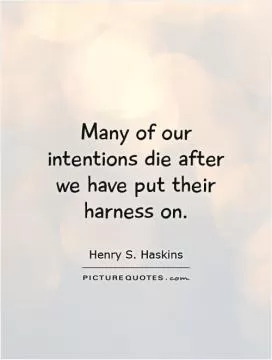
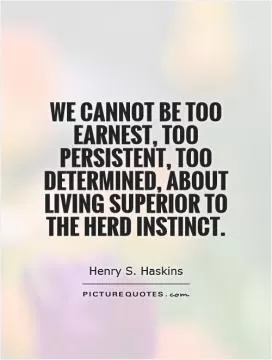

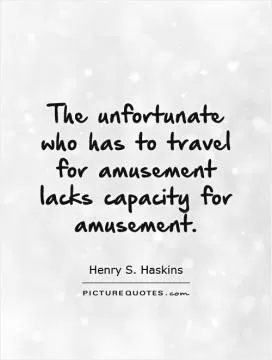
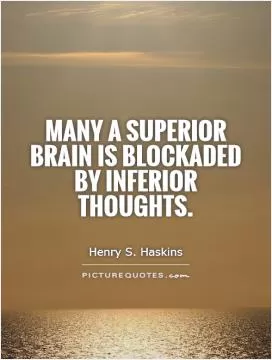
 Friendship Quotes
Friendship Quotes Love Quotes
Love Quotes Life Quotes
Life Quotes Funny Quotes
Funny Quotes Motivational Quotes
Motivational Quotes Inspirational Quotes
Inspirational Quotes